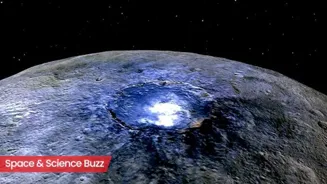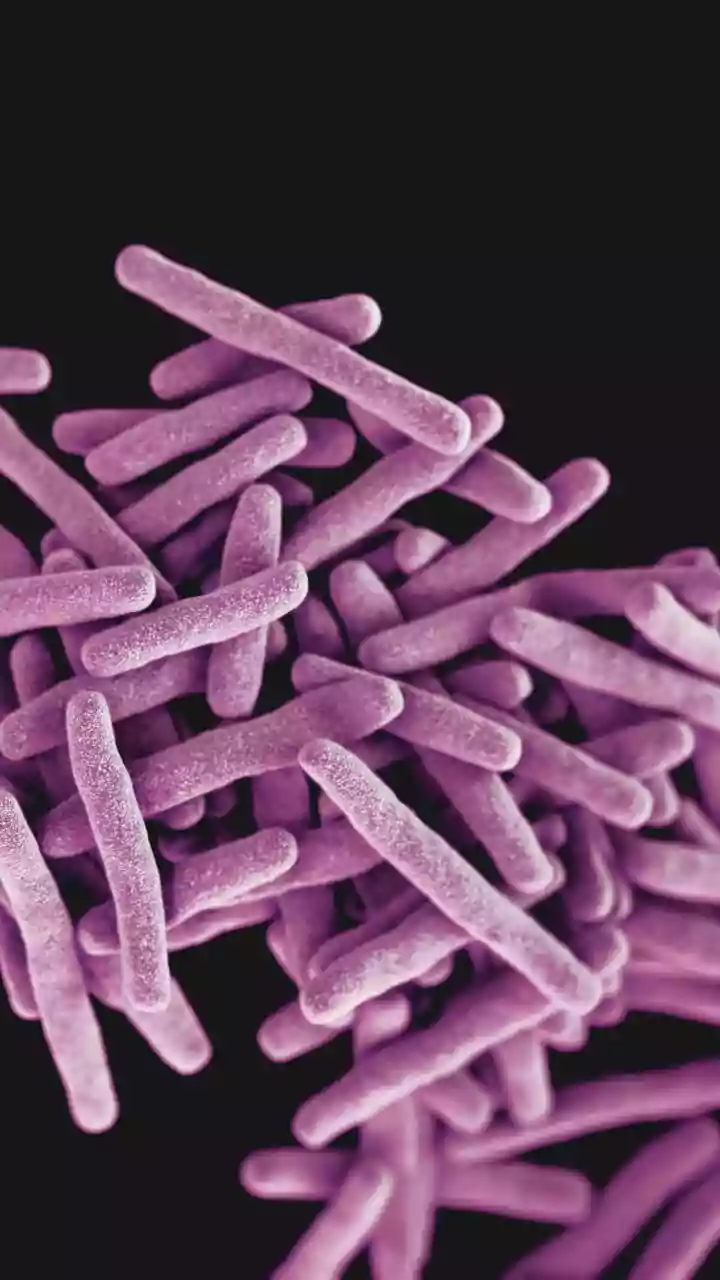Here are today’s most important updates from the realm of Science and Space.
New Study Suggests Ceres Was Once a Habitable World
New research from NASA scientists suggests that Ceres, the largest object in
the asteroid belt, may have once supported life. The study indicates that the dwarf planet could have had the right conditions for single-celled organisms between 2.5 and 4 billion years ago. The findings are based on data from NASA's Dawn mission, which explored Ceres from 2015 to 2018. While Dawn's observations initially suggested that Ceres was too cold for liquid water, this new study proposes that the planetoid's interior may have been warmer in the past. This could have allowed for the presence of liquid water, a key ingredient for life. Previously, scientists speculated that Ceres might be an "ocean world" with a liquid water interior, similar to moons like Europa and Enceladus.
From Lab to Life: Copper Helps Scientists Forge Future Drugs

Scientists have cracked one of chemistry’s toughest challenges with indoles, using copper to unlock a spot once thought too stubborn to change. By using highly reactive carbenes and a copper–silver catalyst system, researchers have developed a method to selectively attach alkyl groups to the C5 position of indoles. Indole is a molecule made up of a six-membered benzene ring fused to a five-membered ring containing nitrogen, forms the core structure of many biologically active compounds. The team is continuing its research to develop more selective and efficient strategies for constructing indole-based molecules that might one day contribute to the treatment of specific diseases.
Clinical Win: Scientists Hail Most Effective Weight Loss Drug Yet

A new weight-loss drug called ecnoglutide is showing promising results in clinical trials, potentially outperforming existing treatments. Known as a GLP-1 receptor agonist, ecnoglutide works similarly to well-known drugs like Ozempic and Wegovy, which are widely used to treat type 2 diabetes and obesity. In a recent phase 3 clinical trial, ecnoglutide demonstrated equal or superior performance compared to dulaglutide, another drug in the same category. These medications mimic the natural GLP-1 hormone in the body, which helps control blood sugar levels, reduce appetite, slow digestion, and boost insulin production. What sets ecnoglutide apart is its ability to specifically activate the cAMP pathway, a crucial part of the body's mechanism for weight regulation and metabolic control.
Sharks’ Deadly Bite Weakens as Oceans Turn Acidic

Researchers have examined sharks' teeth under different ocean acidification scenarios and have shown that more acidic oceans lead to more brittle and weaker teeth. Sharks can famously replace their teeth, with new ones always growing as they're using up the current set. As sharks rely on their teeth to catch prey, this is vital to the survival of one of the oceans' top predators. Shark teeth, despite being composed of highly mineralized phosphates, are still vulnerable to corrosion under future ocean acidification scenarios, the researchers mentioned in the study. Driven by the release of human-generated CO2, ocean acidification reduces ocean's pH value. Currently, the average pH of the world's oceans is 8.1. In 2300, it is expected to drop to 7.3, making it almost 10 times more acidic than it currently is.























